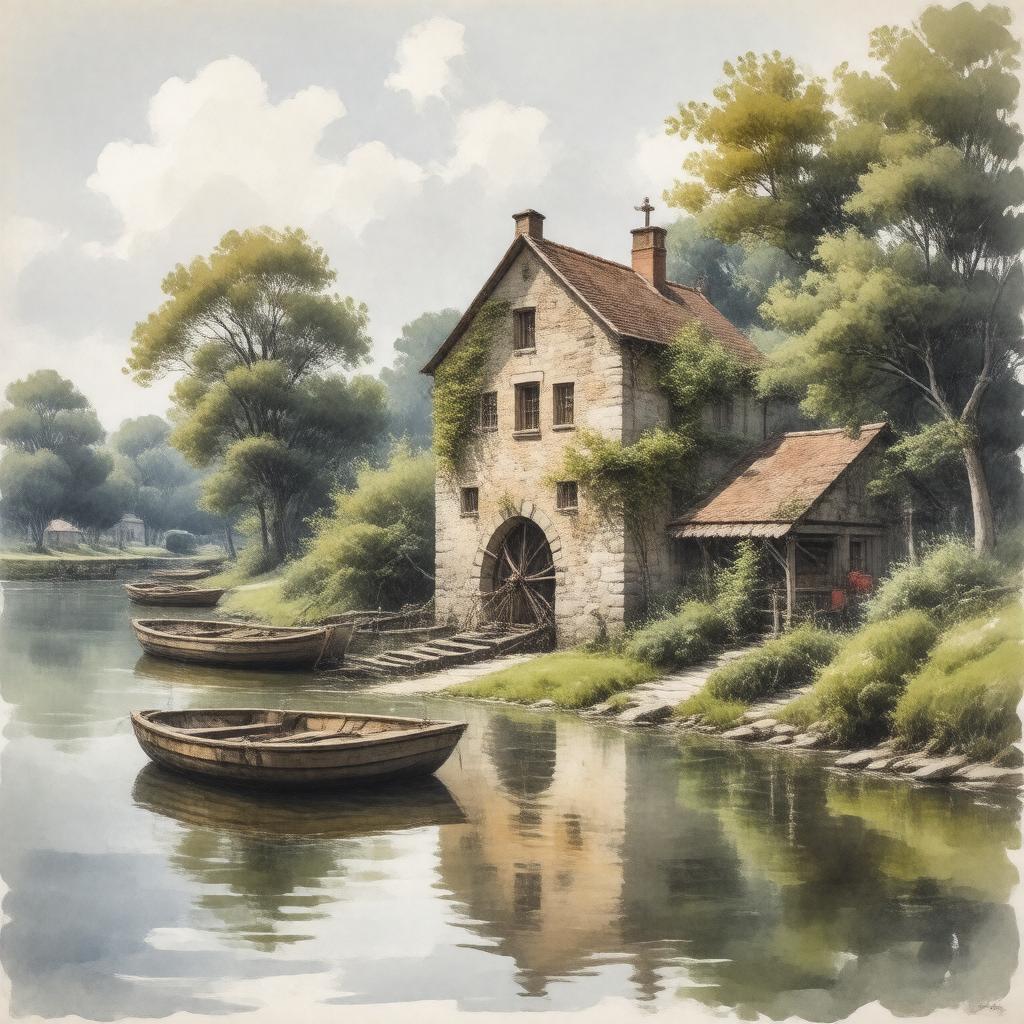
AI-created image
Statements (28)
| Predicate | Object |
|---|---|
| gptkbp:instanceOf |
gptkb:novel
|
| gptkbp:adaptation |
gptkb:The_Mill_on_the_Floss_(1936_film)
gptkb:The_Mill_on_the_Floss_(1978_TV_series) gptkb:The_Mill_on_the_Floss_(1997_film) |
| gptkbp:author |
gptkb:George_Eliot
|
| gptkbp:countryOfOrigin |
gptkb:United_Kingdom
|
| gptkbp:firstEditionIllustrator |
gptkb:W._J._Allen
|
| gptkbp:genre |
Bildungsroman
Victorian literature |
| gptkbp:language |
English
|
| gptkbp:mainCharacter |
gptkb:Maggie_Tulliver
gptkb:Philip_Wakem gptkb:Stephen_Guest gptkb:Tom_Tulliver |
| gptkbp:mediaType |
gptkb:print
|
| gptkbp:notableQuote |
Life seems to go on without effort when I am filled with music.
|
| gptkbp:numberOfVolumes |
3
|
| gptkbp:publicationDate |
1860
|
| gptkbp:publisher |
gptkb:William_Blackwood_and_Sons
|
| gptkbp:setting |
gptkb:Lincolnshire
|
| gptkbp:subject |
gptkb:tragedy
gptkb:culture gptkb:family education gender roles |
| gptkbp:bfsParent |
gptkb:George_Eliot
|
| gptkbp:bfsLayer |
4
|
| http://www.w3.org/2000/01/rdf-schema#label |
The Mill on the Floss
|